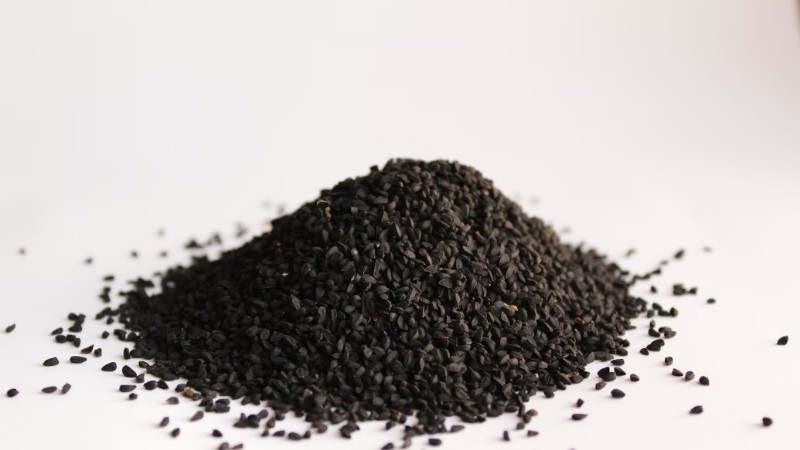In recent years, alternative therapies have gained significant attention as complementary approaches to managing chronic conditions such as diabetes, heart disease, and arthritis. Among these, black seed oil, a staple in traditional medicine, is increasingly being studied for its potential benefits.
Health benefits of black seed oil
Black seed oil, derived from the seeds of Nigella sativa, has long been valued for its medicinal properties. One of its primary components, thymoquinone, is known for its strong anti-inflammatory and antioxidant effects. These qualities have made black seed oil a potential candidate for treating chronic diseases, where inflammation plays a central role.
Research has shown that black seed oil may help reduce cholesterol levels and lower blood pressure—factors that contribute to heart disease. A study published in Complementary Therapies in Medicine found that black seed oil supplementation significantly reduced total cholesterol and LDL (bad cholesterol) levels in patients with dyslipidemia. These effects suggest a positive role in cardiovascular health, potentially reducing the risk of heart attacks and strokes.
Beyond heart disease, preliminary studies have indicated that black seed oil might support blood sugar regulation, making it a promising option for those managing type 2 diabetes. A clinical trial cited in Journal of Ethnopharmacology showed improved fasting blood glucose levels in participants using black seed oil, though more extensive research is needed to confirm these effects.
Thymoquinone and its therapeutic role
The key to black seed oil’s purported benefits lies in thymoquinone, a powerful compound that accounts for many of its therapeutic properties. Thymoquinone has been shown to inhibit the production of pro-inflammatory enzymes and cytokines, which are proteins that contribute to the body’s inflammatory response. This action helps reduce inflammation at the molecular level, making it a suitable candidate for treating inflammatory conditions like arthritis and asthma.
Moreover, thymoquinone exhibits potent antioxidant activity. Antioxidants protect the body from oxidative stress, which can lead to cell damage and contribute to chronic illnesses such as heart disease and diabetes. By neutralizing free radicals, thymoquinone can help safeguard cells from deterioration, further reinforcing its role as a health-promoting agent.
Interestingly, thymoquinone has been found to possess anti-apoptotic properties, meaning it may help prevent premature cell death. This could have implications for conditions like neurodegenerative diseases, where excessive cell death is a concern.
Using black seed oil safely
Before incorporating black seed oil into a treatment plan, individuals should consult a healthcare provider, particularly when dealing with chronic conditions or ongoing treatments. Black seed oil is available in both oral and topical forms, with a typical recommended dosage ranging from 1 to 5 grams daily. However, exact dosages should be tailored to each individual’s health profile.
Some studies suggest combining black seed oil with other natural remedies like turmeric or ginger can enhance its therapeutic effects. For instance, these combinations have been linked to improved anti-inflammatory outcomes, making them suitable for managing arthritis symptoms.
It is crucial to note that while black seed oil is generally considered safe for short-term use, it can cause adverse effects or interact with medications. People with bleeding disorders or those taking blood thinners should avoid black seed oil due to its potential anti-clotting properties. Pregnant or nursing women should also consult their doctors before use, as there is limited data on the safety of black seed oil during pregnancy.
The importance of professional guidance
While black seed oil shows promise in managing chronic diseases, further clinical trials are necessary to establish its long-term safety and efficacy in humans. Current research, though encouraging, is still in its early stages. Individuals interested in alternative therapies should prioritise medical advice over anecdotal evidence.
Black seed oil may offer health benefits, particularly due to its anti-inflammatory and antioxidant properties, but it is not a substitute for conventional medical treatments.
Ultimately, the use of black seed oil as a complementary therapy in chronic disease management remains an area of interest, and with continued research, its role in modern medicine may become clearer. For now, caution and collaboration with healthcare professionals remain key to ensuring safe and effective use.















